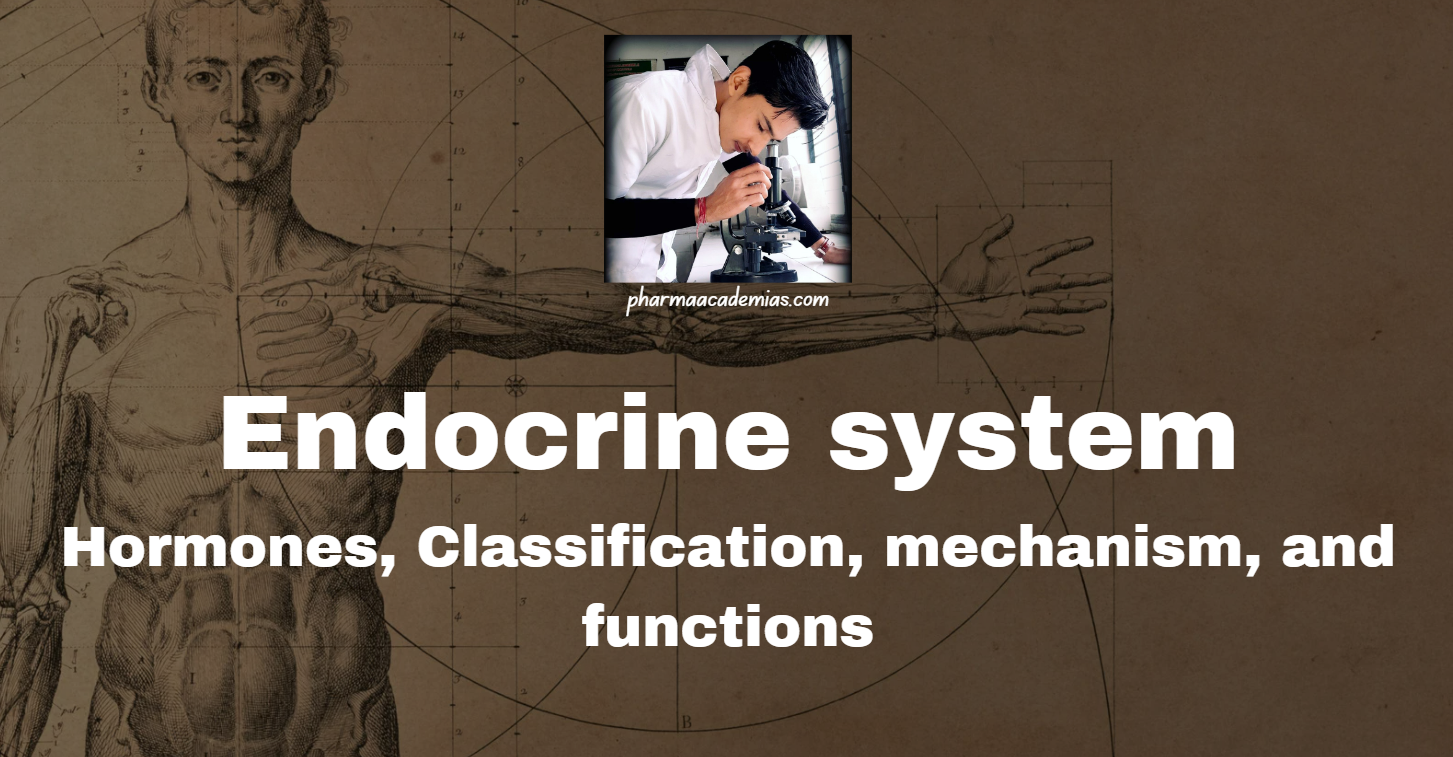Hormones: Hormones, Classification, mechanism, and functions
The endocrine system represents an intricate and highly coordinated network of specialized glands that release chemical messengers known as hormones. These hormones play a pivotal role in orchestrating a wide array of vital physiological functions such as metabolism, growth and development, reproductive processes, and the maintenance of internal balance, or homeostasis. Unlike the rapid signaling … Read more



